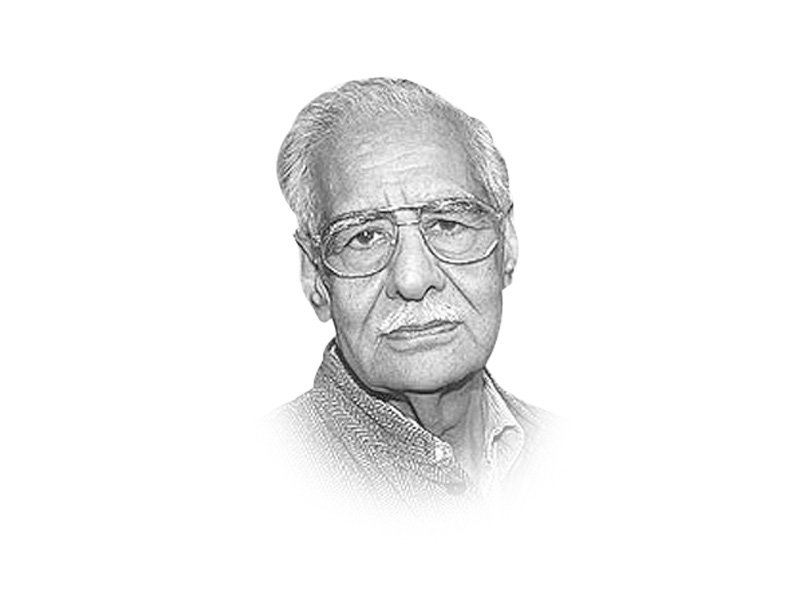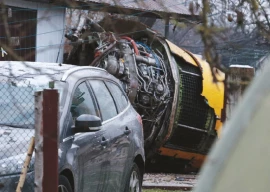
It was up to Mukherjee to accept or decline the post of president. But when he announced that he would not contest the 2014 election, it became clear that he was exasperated, waiting in the wings. Sonia Gandhi readily accepted this position because he had himself cleared the deck for Rahul Gandhi. Mukherjee had taken it for granted that given the key role he had portrayed as firefighter during troubled times and for having served the dynasty relentlessly, he could not be ignored.
Unfortunately, Mukherjee has not adjusted himself to the institution of the presidency. He should refrain from making the kind of remarks which he has made of late. Why President Mukherjee should comment on political matters is really beyond me. He has been making speeches verging on politics from day one. He has been commenting on the problems confronting the nation as if he is presiding over the affairs of the country. His Republic Day broadcast beats them all and has naturally evoked some angry comments.
Several political parties like the Communist Party of India have characterised the speech as political. What President Mukherjee says is generally correct. But he forgets that he is only a constitutional head and has to observe the decorum, which the elected parliament and state legislatures expect from a person who occupies that position.
There is no doubt that he finds politics a familiar turf but he had left it when he was elected president. President Mukherjee’s comment that the “government is not a charity shop”. This amounts to criticism of the promises that the government makes to draw electoral support. All political parties do so. Mukherjee was in the cabinet of former prime minister Indira Gandhi when she raised the slogan of garibi hatao.
It is an open secret how the CBI’s case against Mulayam Singh Yadav was withdrawn to get his party’s support. Mukherjee was part of the government when there was a quid pro quo to save Prime Minister Manmohan Singh’s government from falling. If President Mukherjee felt so strongly, as his criticism indicates, why did he not speak out at that time? His opposition would have mattered because he was a senior leader.
Mukherjee was a minister when Mrs Gandhi had stopped sending any papers to then president Giani Zail Singh, who differed with her on how to tackle the problems facing Punjab. What Mrs Gandhi did was a violation of the Constitution. I wish Mukherjee had raised his voice then. The office of the president is an institution, which should not be disfigured. Yet, political leaders go on to disrespect it. That Mukherjee should also be doing so is a sad commentary on his sagacity and of those like him.
Yet another example is of Mukherjee’s silence when Mrs Gandhi imposed the emergency in 1975. She delivered a severe blow to the institutions which her father, Jawaharlal Nehru, had fostered.
Mukherjee was then a close collaborator of Sanjay Gandhi, who was practicing extra-constitutional authority.
My experience is that a prime minister pays scant attention to a president. By making political speeches, the occupant of the Rashtrapati Bhavan only aggravates the problem.
There is a very thin line dividing the right and the wrong, moral and immoral. Institutions ought to protect that line. It is easy to preach from the pulpit that such and such thing is dangerous for the country. However correct President Mukherjee’s observations may be, he should introspect whether what he did as a cabinet minister was correct, not only legally but also morally. The ball is in his court.
Published in The Express Tribune, February 25th, 2014.
Like Opinion & Editorial on Facebook, follow @ETOpEd on Twitter to receive all updates on all our daily pieces.
COMMENTS (2)
Comments are moderated and generally will be posted if they are on-topic and not abusive.
For more information, please see our Comments FAQ



1732623521-0/bitcoin-(1)1732623521-0-165x106.webp)

1732618327-2/Untitled-design-(7)1732618327-2-270x192.webp)











Also, how does a private tv channel get to host a programme @ rashtrapati bhavan? What does that say about the neutrality of the prez?
Indian politicians have been denigrating the office of the President for a long time. This is because many erstwhile politicians have been pushed into that post. Look at the nations like Australia where the head of state is almost always an eminent Australian such as a Chief Justice or a former army or university chief. Why can't India do so?